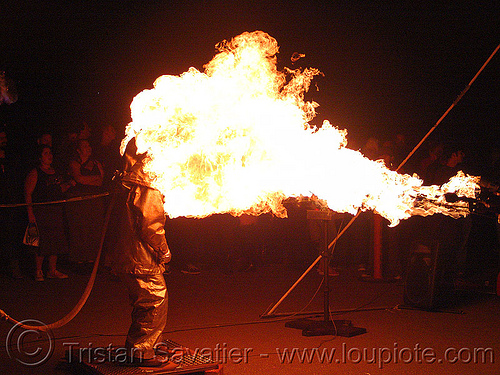voip-ninja
Give me some sugar baby
Well, for one, you were wrong about residential solar cutting itself off if it loses the feed from the grid.
Two, you refused to acknowledge that some of us live in dense residential areas subject to zoning and regulations about storing flammables.
So it's not like you poked a bunch of holes in anything. You stomped your feet and told us that YOUR use case is the one source of truth, which honestly sounds a lot more like groupthink than the rest of the discussion...........
I was not "wrong" about anything, the last numbers that I saw were that 98% of residential solar installations are grid tied (that would be "net metered" to you), so while that trend might be changing, I'm pretty sure I'm safe on that one.
If you want to argue I'm "wrong" about that why don't you find some numbers showing that any substantial percentage of solar being installed is not grid tied or that bypass rectifiers are being used in any appreciable percentage of installs?
I think people should back up what they're saying with facts. If you want to argue that power walls and solar panels are going to keep your tesla going after a storm you should at least acknowledge that this is not a typical situation or even a typical residential solar installation.
CAN someone make it happen? Absolutely, all it takes is money.



